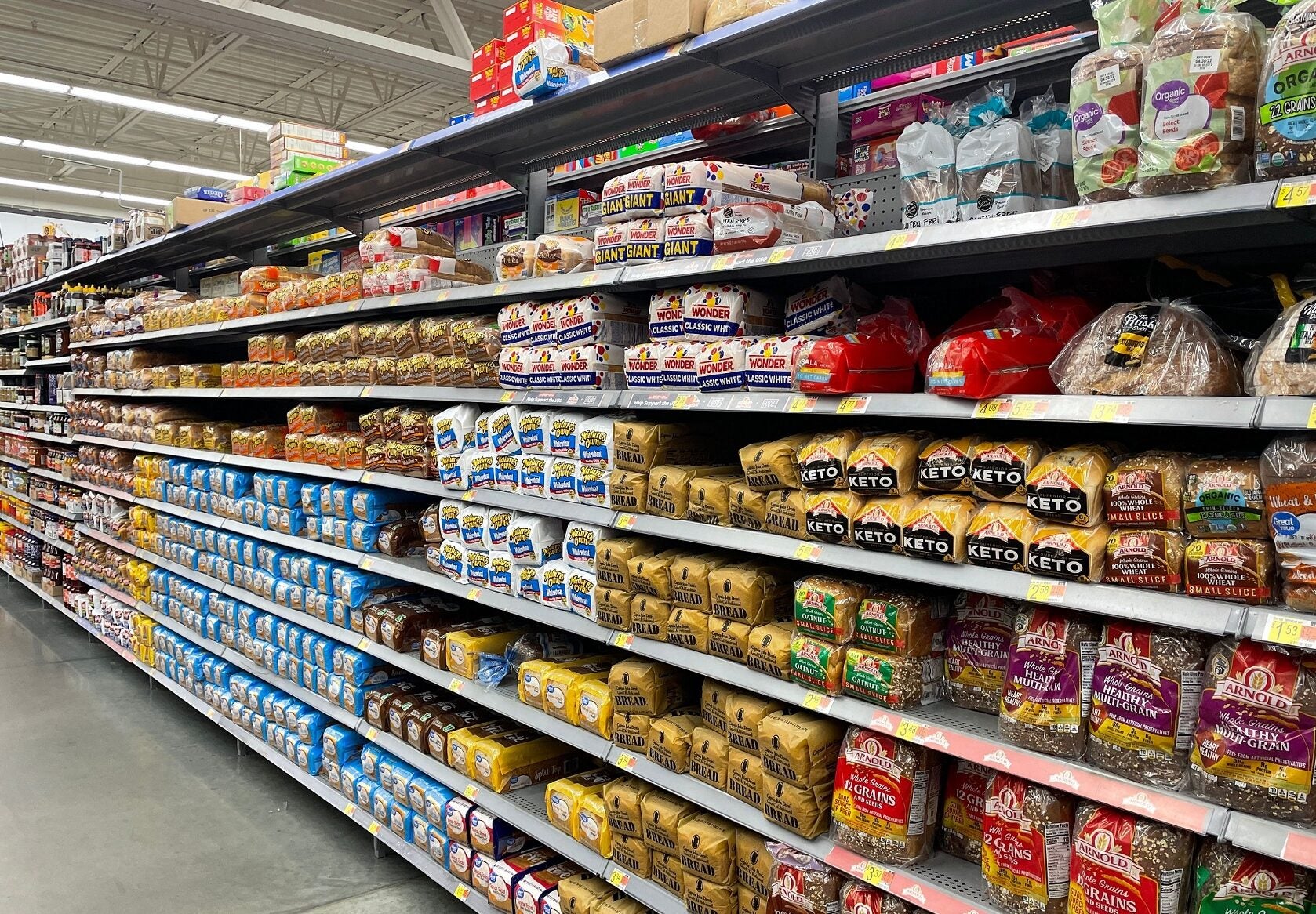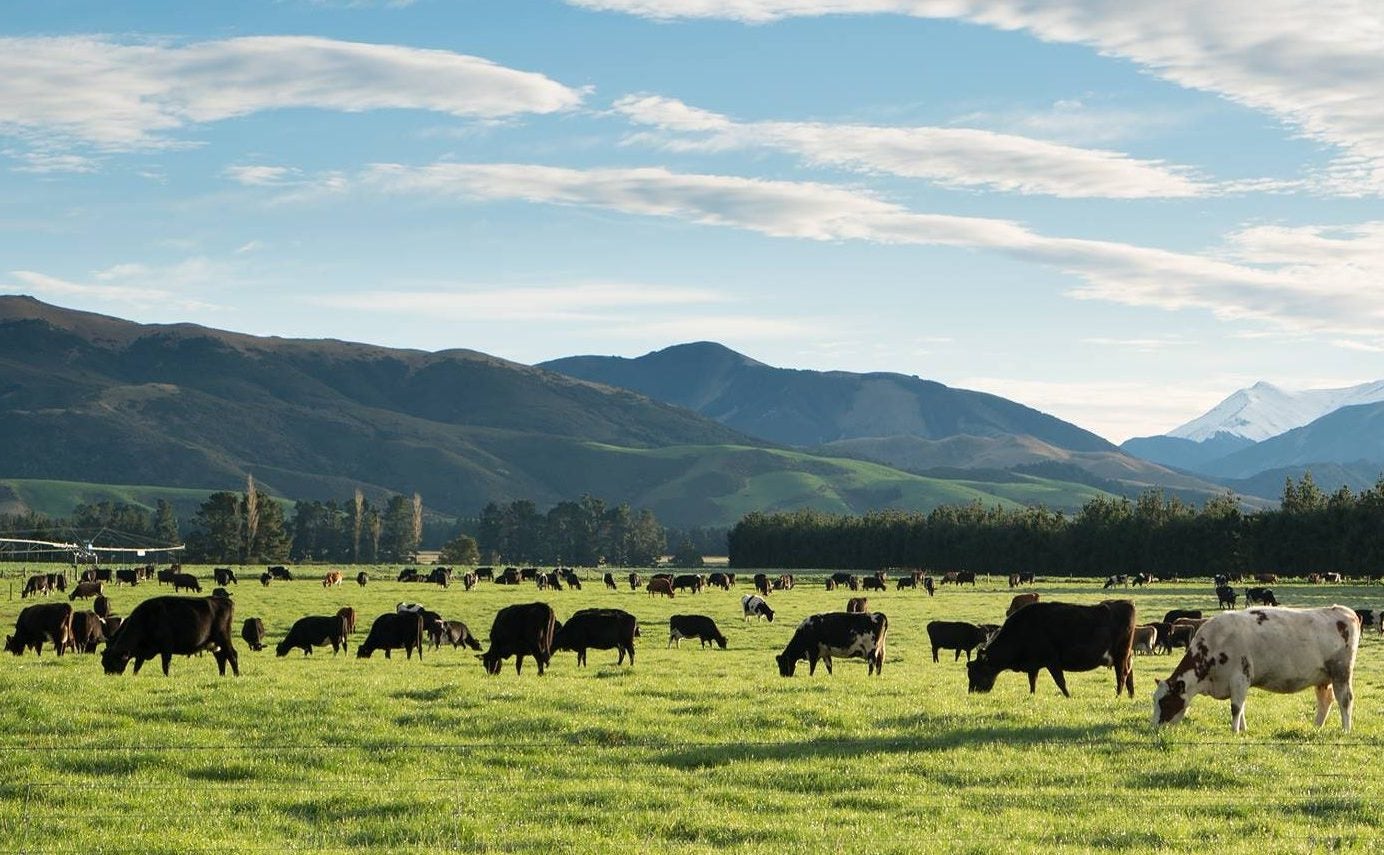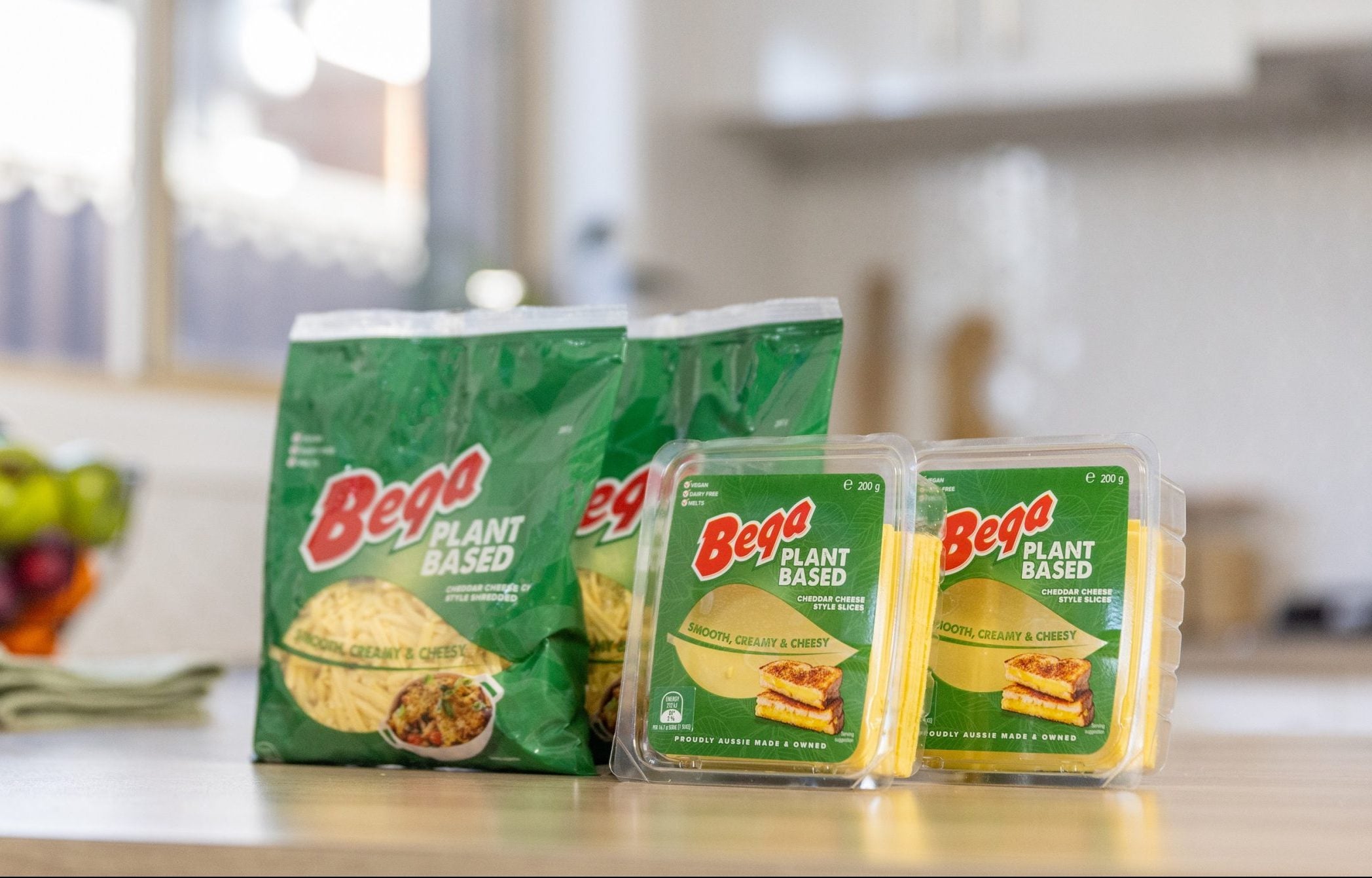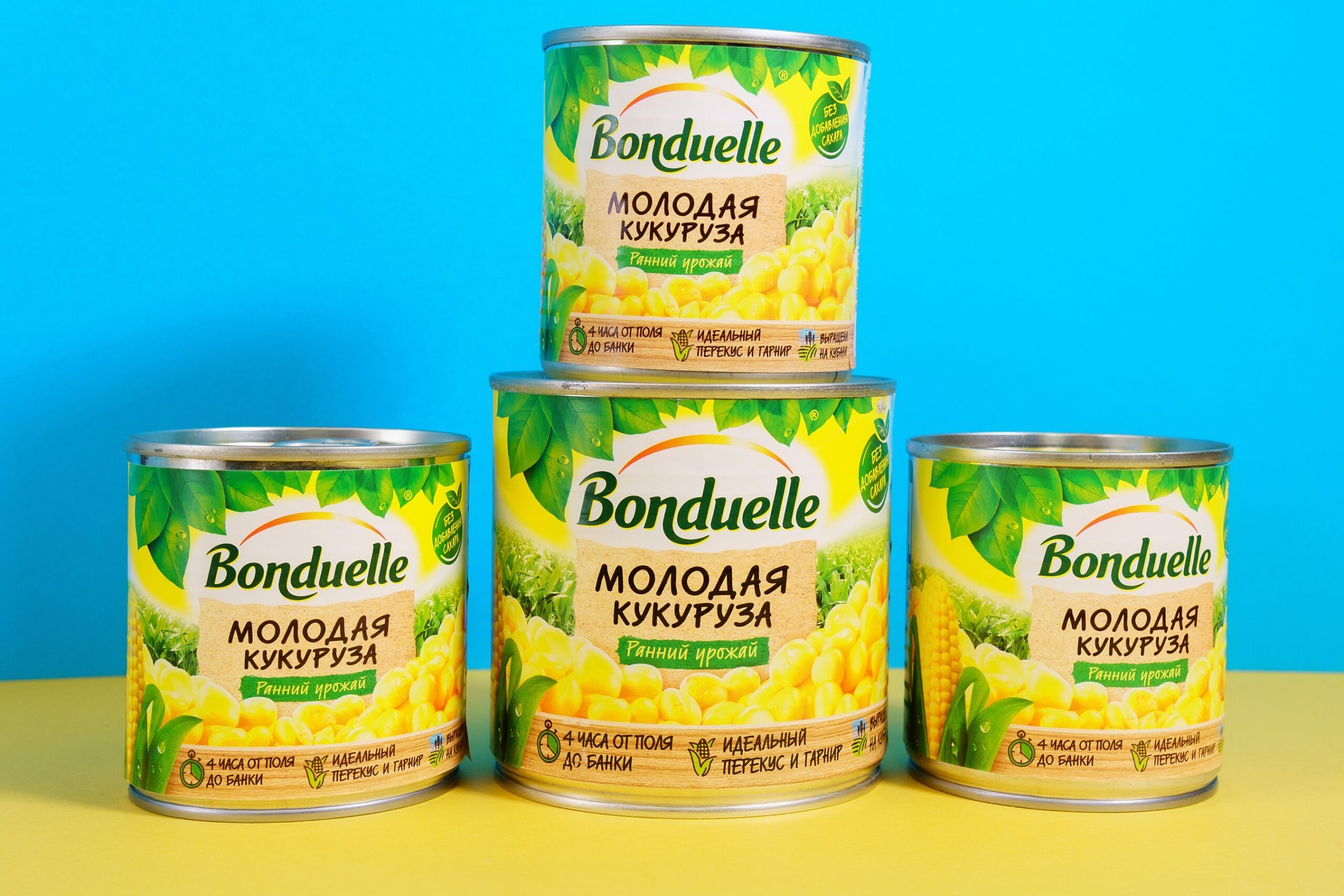The new era of health and wellness in America
We’re entering a new era in health and wellness that offers CPG companies more opportunities than ever, argues Victor Martino.

We’re at a unique crossroads or inflection point in health and wellness in the US.
Consumer packaged goods (CPG) companies have, like the industry as a whole, successfully commercialised health and wellness as a brand and product attribute – the selling of health and wellness through foods and beverages – and consumers have accepted this commercialisation, albeit with some discontent.
The Covid-19 pandemic, which is largely in the rear-view mirror but isn’t over, in my analysis is the key reason for this new state of health and wellness in America. It’s created a new mindset among consumers that’s elevated prevention and the role consumable food and beverage products can play in health and wellness to new heights of importance in day-to-day life, quality of life and longevity.
The research is in
Seattle-based research firm The Hartman Group has, like me, been looking into the new health and wellness paradigm – what it calls “The Great Wellness Reset.”
Let’s set the stage with a summary of the research The Hartman Group is doing. It serves as a good framework for what I call the new health and wellness paradigm in America.
Laurie Demerritt, CEO of The Hartman Group, says we’re undergoing the aforementioned “Great Wellness Reset.” I agree with her. According to Demerritt, the reset is driven by four trends, which she describes below, that impact how consumers think about and act on their health and wellness.
“First, let us consider the perennial trend of modern health and wellness culture emphasising solutions that make tangible, meaningful contributions to quality of life. Consumers have long aspired to increase longevity, but wellness is now as much about living an enjoyable, well-balanced life as it is about physical fitness, and most consumers seek out health in service of feeling well, both today and in the distant future. This long-term shift in attitude is closely tied to the growing attention to mental health that pervades modern wellness culture.
“Second, we are bearing witness to the evolution of a long-term trend, the backlash over the commercialisation of health and wellness. Consumers report frustration with the commodification of health in many areas: the proliferation of false promises; diet-oriented, sugar-free or non-fat products that turn out to just be unhealthy in a different way and efforts by companies to profit from consumers’ pain, illness or desperation. As a result, many consumers would like to opt out of the commercial wellness industry but find it difficult or impossible to do so.
“Third, consumers are centring their attention on fundamentals after the urgency felt during the pandemic. After three years with health and immunity as a top priority, consumers are refocusing on the basics – those aspects of health and wellness that are most important to them, most directly impact their overall well-being and quality of life, and that are most within their control.
“Fourth, inflationary pressures are encouraging the exploration of budget-friendly approaches in a trend we hope is short-term. The economic squeeze consumers feel can seem particularly acute with respect to health and wellness given this is often a high priority but can also require significant financial resources. Lower-income households are affected by inflation to a greater extent, often having to shift or forego wellness priorities in favour of more budget-friendly options.”
Entering a new era
If my analysis and the research from The Hartman Group is correct, we’re entering a new era in health and wellness that offers CPG companies more sales and growth opportunities than has ever been the case.
For example, the concept of food as medicine has been a growing one over the last decade and it’s been embraced by numerous packaged foods and beverage companies large and small, but it isn’t really the best way to look at health and wellness. Instead, the better framework is prevention. This is where consumers have and continue to move to in their thinking and behaviour and it’s where the most progressive companies with brands focusing on health and wellness are operating.
The Hartman Group’s four trends are important for CPG companies with brands involved in the health and wellness space to be cognisant of and to understand. The new health and wellness paradigm comes with a new health and wellness consumer in my analysis and opinion, and like Demeritt points out in the second trend, many consumers are frustrated with the commercial wellness industry and would even like to opt out but aren’t doing so because health and wellness has become that important to their lives.
Five ‘must follows’
In my analysis and opinion – and I’m currently involved in the health and wellness space as a CPG brand practitioner as well as conducting research five ‘must follows’ by CPG brands are essential for brand success when it comes to the new health and wellness paradigm and the new health and wellness consumer.
Authenticity. Brands that try to fake health and wellness attributes will be discovered and punished by consumers. Keeping it real is a must.
Price. As The Hartman Group’s research points out, inflation has thrown some ink in the health and wellness ointment for consumers. The highest food inflation since the 1970s has caused CPG companies, particularly the majors, to continually raise prices on products. Health and wellness-oriented brands have tended to see among the highest and most-frequent price increases. Food inflation has moderated and CPG companies, particularly the majors, need to moderate or eliminate price increases. They also need to revisit past price increases on health and wellness products. Health and wellness can’t be exclusively for the wealthy. It needs to be democratised by the CPG industry.
Science. Science needs to guide product claims and attributes when it comes to health and wellness brands and products. Brands trusted by consumers are the brands that will win in the space. Third party verification also has merits, as long as the third parties are legit.
Transparency. This is the coin of the realm in the new health and wellness paradigm and with the new health and wellness consumer. Without transparency there is no trust. Without trust there is no success for brands in the health and wellness segment.
Leadership. Those brands that take the lead when it comes to health and wellness – helping consumers with information and resources rather than merely trying to sell to them – will end up garnering the most brand love and equity, which will translate to sales. We sometimes forget that a brand is much more than a unit of sales. In the health and wellness segment brands that don’t forget this will do the best.
Consumers who prioritise health
Consumers obviously exist on a continuum when it comes to health and wellness. There’s a segment, albeit a fairly small one, that cares all or very little about it, for example. Then there’s the great middle, a larger segment that cares but perhaps doesn’t view it as the primary attribute when it comes to grocery shopping and the brands and products they buy. There’s also what in my analysis and opinion is the fastest-growing of these segments, those consumers who prioritise health and wellness in their food and beverage decision-making.
Health and wellness is also relative to key attributes like taste and price. But that’s a given and doesn’t negate the fact that health and wellness and taste and price need not be mutually exclusive. Healthy brands can taste as good as unhealthy brands, for example, and consumers will almost always pay a price premium – the key is how much of a premium of course – for better-for-you food and beverage products.
The key is for CPG companies to attempt to achieve taste and price parity when it comes to health and wellness products and conventional CPG products.
We’re only in the fourth or fifth inning when it comes to health and wellness in the CPG industry. The future is bright and the industry can do much better too, which is something the new health and wellness consumer will reward.
Just Food columnist Victor Martino is a California-based strategic marketing and business development consultant, analyst, entrepreneur and writer, specialising in the US food and grocery industry. He is available for consultation at: This email address is being protected from spambots. You need JavaScript enabled to view it. and https://twitter.com/VictorMartino01. You can read more of his columns for Just Food here.
Australia-listed Halo Food puts entire business up for strategic review
The review has been widened from The Healthy Mummy brand and subsidiary to all company operations.

Australia-listed Halo Food has extended a strategic review to encompass all of the New Zealand-headquartered company’s business units and factories.
Trading as milk powder manufacturer Keytone Dairy until 2021, Halo Food has expanded through M&A and has now hired Modus Partners to conduct a review of its operations.
“The strategic review will consider all options available, for either individual business units or the company as a whole, including divestment, other M&A and/or partnership opportunities, in order to maximise shareholder value,” Halo Food said in a filing with the Australian Securities Exchange.
The Healthy Mummy subsidiary, which produces nutrition weight-loss products such as smoothies, meals and snacks, was initially put up for review in March before the current extension.
“The board has formed an opinion that the value of the underlying businesses units may be worth substantially more than the implied values based on the current listed market value of the company,” it said.
There was an executive change at the business last year, with Jourdan Thompson elevated to CEO to replace Danny Rotman, who announced his resignation in October. Halo Food’s shares closed at A$0.012 today (9 May).
Other brands in the portfolio include Tonik protein bars and shakes supplied to the Australian market and Gran’s Fudge. Halo Food owns the former Omniblend business, an Australian manufacturer of milk powders and UHT dairy drinks acquired in 2019.
Christchurch-based Halo Food is also a contract manufacturer for brands in Australia and New Zealand. It also provides private label. Customers include retailers Woolworths and Coles.
Halo Food has three manufacturing facilities in Sydney and Melbourne, Australia, and another in Christchurch, New Zealand.
For the fiscal year to 31 March, Halo Food generated preliminary revenue of A$83.9m ($56.6m), up 40% on the previous 12 months. Contract manufacturing in Australia accounted for A$53.7m, the New Zealand dairy business A$12.7m and branded sales amounted to A$3.6m. Final results are due to be issued in May.
In the previous financial year, sales were A$59.9m, an increase of 18%. EBITDA turned to a A$2.3m profit from a A$2.3m loss in the prior year.
The dairy companies also present in dairy alternatives
Just Food rounds up what some of the world’s leading dairy businesses are providing in the growing market of dairy alternatives.

In the same way that large meat companies are increasingly offering meat alternatives, the world’s leading dairy businesses, or food majors with a significant position in dairy, are becoming ever more involved in providing dairy alternatives.
Tyson Foods bullish on brands amid disappointing results
Worse-than-expected quarterly results led to Tyson Foods lowering its forecast for full-year sales.

Tyson Foods’ brands are central to the US meat giant’s growth prospects, the company’s management has argued, after a cut to the company’s sales forecast hit its share price.
The Jimmy Dean and Hillshire Farm brands owner lowered its full-year sales forecast yesterday (8 May) as it posted second-quarter financial results that included a loss of $91m.
Tyson Foods is now expecting full-year sales of $53bn to $54bn against a prior estimate of $55bn to $57bn.
As a result, the company’s shares ended trading yesterday (8 May) at $50.73, down more than 16% on the day.
In a call with analysts to discuss the results, CEO Donnie King pointed to a number of headwinds facing the protein heavyweight, including cost inflation, lower commodity prices for fresh chicken and reduced demand for beef from cash-strapped shoppers which makes it difficult to pass on the expenses in its supply chain.
As a result, second-quarter sales stood at $13.13bn, compared to $13.11bn a year earlier. The company reported an operating loss of $49m compared to a profit of $1.15bn a year earlier. Adjusted operating income for the first half of the fiscal year slumped 80% to $518m.
King told analysts: “This quarter was definitely a tough one … results were weaker than expected and top-line performance was mixed, particularly when compared to our strong performance last year.”
He added: “I can’t remember a time when our business faced the highly unusual situation that we’re currently seeing, where all three of our core protein categories, beef, pork and chicken are experiencing market challenges at the same time. This unusual confluence of issues continued in Q2 and directly impacted our results.”
However, King remains bullish about Tyson Foods’ prospects, especially in relation to its branded products.
“Our branded foods business is the key growth pillar for the future and in Q2, the business performed well. These results were driven by the strength of our share position, especially for our core brands, including Jimmy Dean, Tyson and Hillshire Farm, which helped deliver strong margins compared to the same 13-week period last year,” he said.
King, meanwhile, also pointed to Tyson’s ongoing strategy to cut costs, which he described as “important initiatives to simplify our structure and right-size our team”.
He added: “These are a logical next step in our ongoing efforts to drive operational and functional excellence as we strive to be best-in-class in our industry.”
King told analysts: “We also made the difficult choice earlier this quarter to close two of our less productive chicken plants. These strategic actions are expected to generate significant efficiencies going forward.”
Last month, in another cost-savig measure, Tyson revealed it was to make cuts at the senior executive level.
On a bullish note, King told analysts: “Despite challenging market conditions, we continue to execute our strategy and have significant opportunities in front of us……We continue to invest in automation and digital capabilities with opportunities to improve our yield.”
Bonduelle CEO to leave French vegetables group
Chairman Christophe Bonduelle said the company “needs a new lease on life”.

Bonduelle CEO Guillaume Debrosse has left the French vegetables supplier.
In a stock-exchange filing, the company said Debrosse, who has been at the helm for five years, has stepped down “by mutual agreement”.
Bonduelle said Debrosse’s successor “will be appointed in the coming weeks”.
In the meantime, chairman Christophe Bonduelle will take on the role.
Mr Bonduelle indicated the company had lined up its new CEO.
He said: “The board of directors and I are convinced that, given the demanding environment in which the company is operating, the group needs a new lease on life.
“The new CEO, whose identity will be announced in the coming weeks, has extensive knowledge of the US market, where he has held general management positions for more than 20 years in several groups in the food sector. I would like to warmly thank Guillaume Debrosse for his professionalism and commitment during his 16 years with the group.”
Debrosse joined the family-controlled Bonduelle in 2007 as finance director for the company’s fresh-products business in Europe.
In the 12 months to 30 June 2022, Bonduelle generated revenue of €2.89bn ($3.19bn), up 4.1% on a year earlier.
However, the company booked a 3.7% fall in current operating income to €96.6m and a 38% slide in net income to €35.4m.
At the time, Bonduelle pointed to “difficulties” in its North American fresh-foods business, as well as the “continuing sanitary [Covid-19] crisis, unfavourable weather conditions [and] the first wave of inflation emphasised by the geopolitical context and the disorganisation of supply chains”.


 eatmaker@list.ru
eatmaker@list.ru